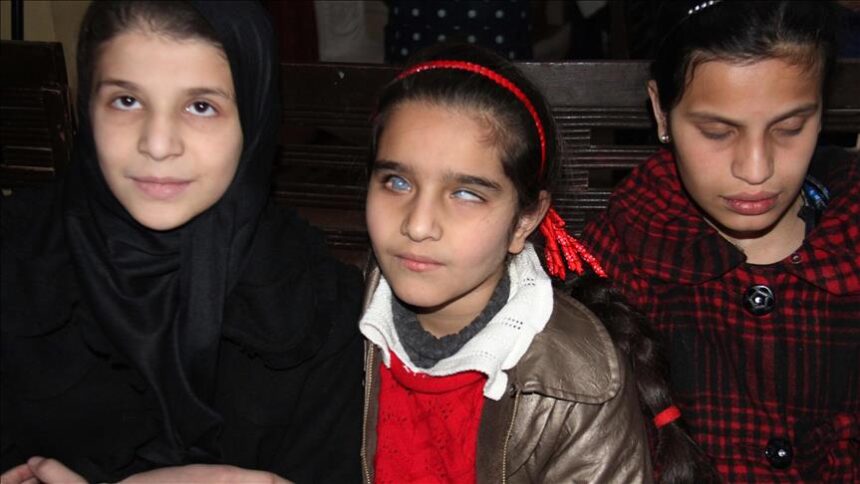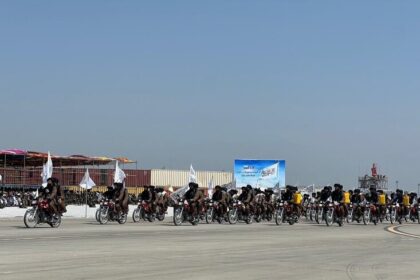RASC News Agency: The United Nations High Commissioner for Refugees (UNHCR) has announced that 400,000 people in Afghanistan are blind, and an additional 1.5 million suffer from visual impairments. This organization has reported an increase in the number of visually impaired individuals compared to previous years. In its latest report, the UNHCR stated that 60% of blindness cases in Afghanistan are treatable, with only 40% deemed difficult or untreatable. On Monday, July 8, the UNHCR wrote on its social media platform X: “In Afghanistan, women with low vision are learning Braille and other skills.”
The report added, “60% of blindness cases are due to cataracts, a condition that can be treated with a simple eye surgery if medical facilities are available.” The UNHCR, while highlighting the provision of skill training for the blind or visually impaired, mentioned that with additional funding, more men and women could access these educational opportunities. It is important to note that the blind and visually impaired in Afghanistan face significant challenges in all areas, including education and employment.
The World Health Organization emphasized last year that individuals with disabilities in Afghanistan are at high risk of various health issues due to lack of comprehensive social inclusion. Since the Taliban’s takeover of Afghanistan, many have been unable to travel to countries like Pakistan, India, or Turkey for medical treatment, resulting in a loss of vision. Poverty, lack of funds, and unemployment have been significant barriers preventing them from seeking medical care abroad.






